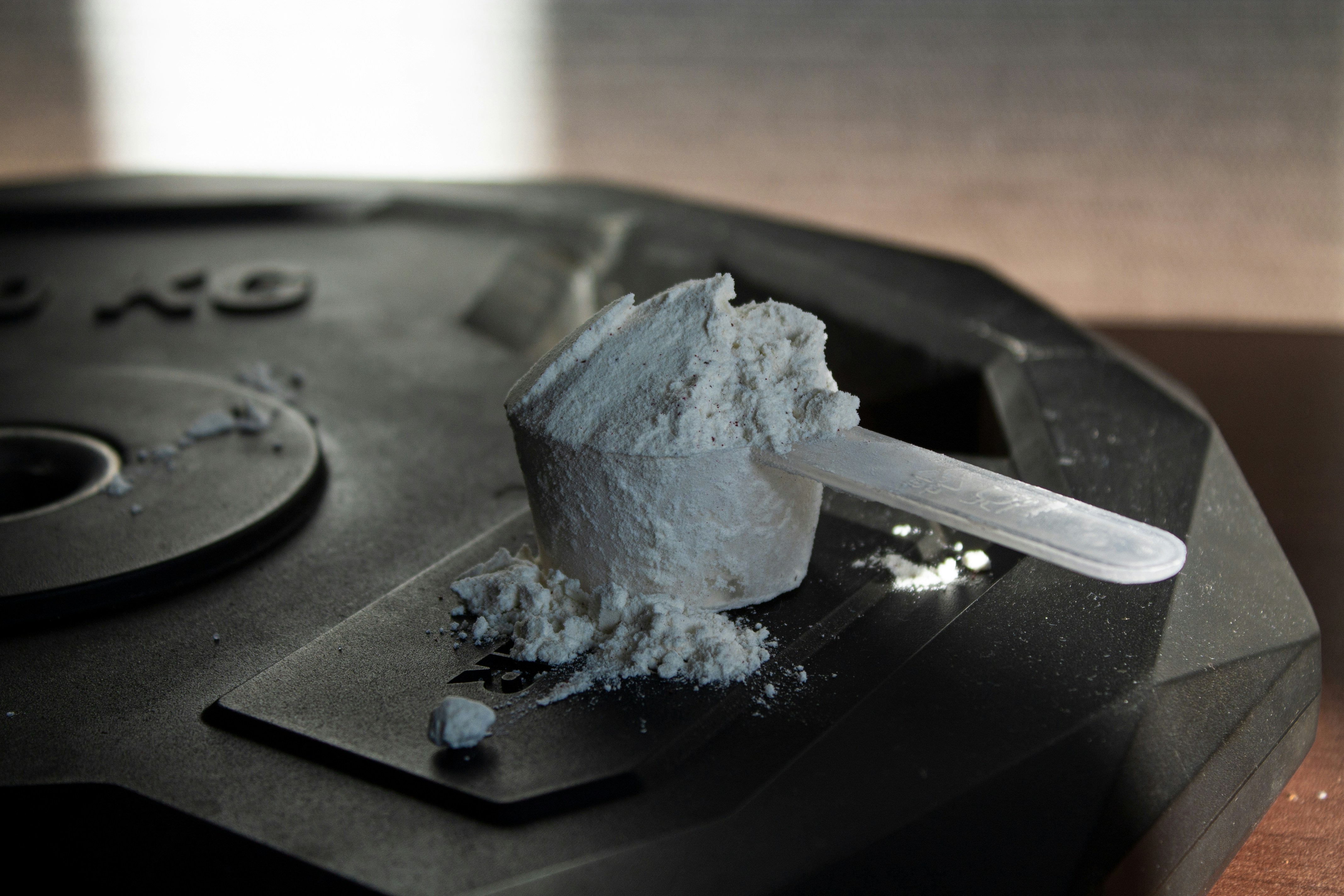Attachments
Note: Not all attachments are visible to the general public. Research URLs will go live after the embargo ends.

Journal/
conference: PLOS Mental Health
conference: PLOS Mental Health
Research:Paper
Organisation/s:
University of Toronto, Canada
Funder:
This study was funded by the Connaught New Researcher Award (#512586; KTG) at the University of Toronto. The funders had no role in study design, data collection and analysis, decision to publish, or preparation of the manuscript.



 International
International


